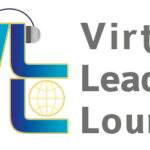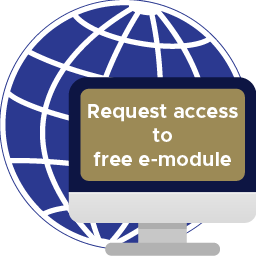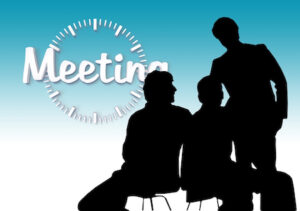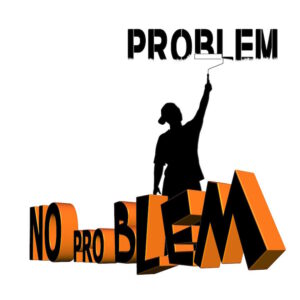Creating focus through mindfulness – an experience with senior leaders
On a regular basis my coaching clients bring up the theme of becoming more effective or efficient in their job. In some cases it’s as simple as rebuilding the awareness for prioritisation and proper time management approaches. In other cases it is slightly more complicated where distractions happen either through open plan offices, incoming calls or email pings and pop-up windows. Or – even more challenging – through a perceived or real overload of tasks which keeps the mind wandering off from the task at hand to others still on the ‘to-do list‘. In this blog I will share what kind of solutions my clients developed for themselves and how mindfulness can play a vital role to enhance effectiveness and efficiency.

The simple solutions
Even though some solutions may sound overly simplistic, in my experience people tend to forget about taking action to eliminate sources of distraction around their workplace.
For example: nobody is forcing you to allow Outlook to ping when a new mail arrives or to open a small pop-up window whilst working on something else in another application. Even the automatic download can be switched off so that you are fully in charge when to take care of emails and are not distracted by the constant stream of incoming mails. As simple as it sounds, for some of my clients it already made a big difference to switch all these automatic messaging routines off.
Similarly, incoming calls can be suppressed and directed to voicemail in order to be picked up later, when you are not focused on a brainpower demanding task.
Open plan offices are a nightmare for some people as they feel very much distracted through the continuous background noise of other colleagues being on the phone or talking with each other. Other people are not distracted at all by such background noise. However, if you are part of the former group, here is an idea from one of my clients: get yourself a noise cancellation headset and put it on to enjoy the silence at your workplace.
The solution for wandering minds
Very high workloads can mean for some people that their mind is not only busy with the task at hand but also wanders off regularly to think about all the other tasks on their to-do list. If this sounds familiar to you there might be a very effective approach to keep your mind from wandering off.
In one client’s organisation I support participants of a senior leadership programme through individual coaching sessions to consolidate their reflections and implement key actions in their daily work patterns. One element of this leadership programme is a training on mindfulness. And if you are not too familiar with that concept, here is a short definition: Mindfulness is a way of maintaining a moment-by-moment awareness of thoughts, feelings or emotions. Mindfulness also involves acceptance, meaning that we pay attention to our thoughts and feelings without judging them—without believing, for instance, that there’s a “right” or “wrong” way to think or feel in a given moment. You can find out more here.
Quite often these senior leaders request to start their coaching session with a short mindfulness exercise to enable them to let go of all other activities and focus on their objective for the session. In that exercise I guide them to focus on their breathing and to notice when their mind wanders off bringing their attention back to the breathing and letting go of these thoughts or sensations. In almost every case the reaction is the same: a 3 to 5 minute mindfulness exercise helps them to establish clear focus and get rid of distractions from other pressing tasks they have on their list. Subsequently, many of them use a recording of such an exercise or an application on their smartphone in their daily work to help them creating focus for the immediate tasks at hand.
Only a few weeks ago I tried this approach in a large group training session with another group of senior leaders. Even though the HR leader present was initially anxious that a mindfulness exercise would be considered a waste of time and childish, she allowed me to start the day with a five minute mindfulness session. The feedback right after the exercise was fantastic. And even at the end of the day participants still referred to the mindfulness exercise in the morning and that it had indeed helped them to be much more focused throughout the day.
How can you practice mindfulness?
I am not claiming to be an expert on mindfulness! However, over the years I was fortunate enough to talk and work with experts in the field who helped me to create a reasonable foundation in the subject. Therefore, on our Campus I have prepared a module with several mindfulness exercises and some additional videos where experts talk about the subject matter. If you’re interested to learn more about these short mindfulness exercises, feel free to sign up for FREE ACCESS.
And if you rather like to talk about your experiences on creating focus direct and explore how to take it that one step further, just get in touch with me.
Join us online! 
We explore this and other business relevant subjects in our Virtual Leaders Lounge. This is an informal online meeting of maximum 10 business leaders where we discuss challenges in virtual teams and organisations and share best practices. No PowerPoint is used, no prep work required!
Check it out here or register direct so you get the invitations and have a chance to get one of the 10 seats available for a lounge session.




